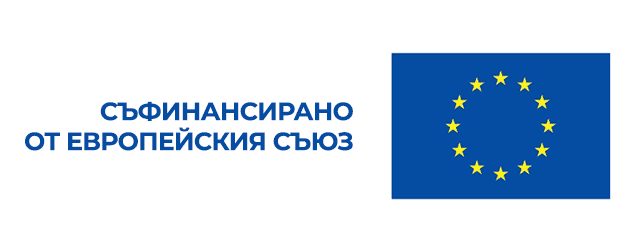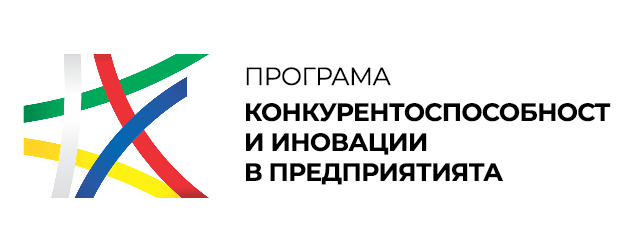Hydrogen Treatment Alleviates Premature Ovarian FailureScientific Research
original title: Hydrogen-rich water treatment targets RT1-Db1 and RT1-Bb to alleviate premature ovarian failure in rats
DOI: 10.7717/peerj.15564-
Abstract:
Background: Premature ovarian failure (POF) is defined as the cessation of ovarian function before the age of 40 years, imposing a significant health burden on patients. However, effective etiological therapy for POF is scarce. Thus, we aimed to explore the protective role and targets of hydrogen-rich water (HRW) in POF.
Methods: Based on cyclophosphamide (CTX)-induced POF rat models, the protective role of HRW treatment was mainly determined through serum 17-β-estradiol (E2), follicle-stimulating hormone (FSH), anti-mullerian hormone (AMH) levels, ovarian histomorphological analysis, and TUNEL assay. Tandem mass tag (TMT)-based quantitative proteomic analysis was then conducted on ovarian tissues, and the targets of HRW in POF were identified integrating differential expression analysis, functional enrichment analysis, and interaction analysis.
Results: In HRW treatment of POF rats, the serum AMH and E2 levels significantly increased, and FSH level significantly reduced, indicating the protective role of HRW. After TMT quantitative proteomic analysis, a total of 16 candidate differentially expressed proteins (DEPs) were identified after the cross analysis of DEPs from POF vs. control and POF+HRW vs. POF groups, which were found to be significantly enriched in 296 GO terms and 36 KEGG pathways. The crucial targets, RT1-Db1 and RT1-Bb, were finally identified based on both protein-protein interaction network and GeneMANIA network. Conclusions: The HRW treatment could significantly alleviate the ovarian injury of POF rats; RT1-Db1 and RT1-Bb are identified as two crucial targets of HRW treatment in POF rats.





